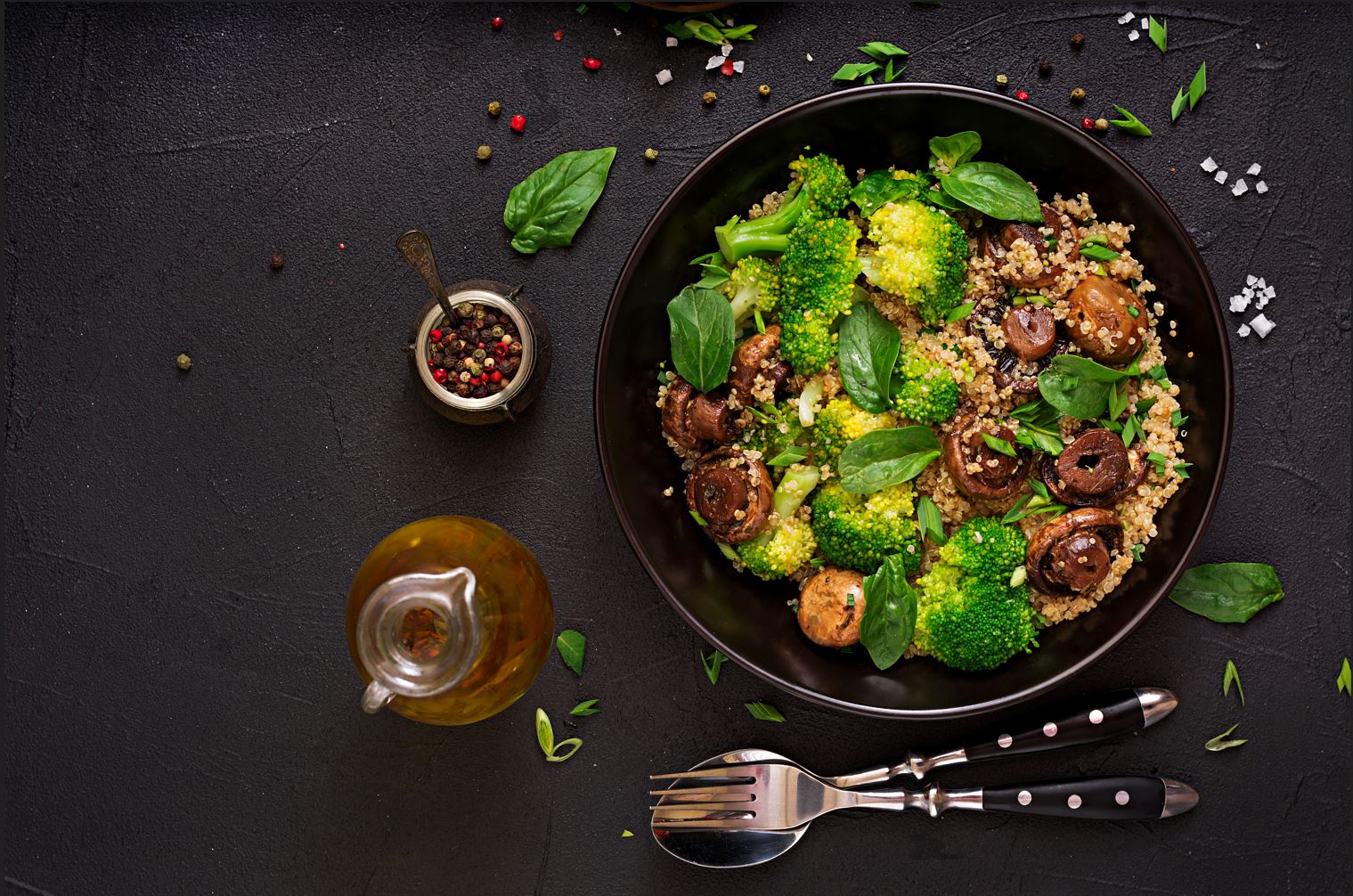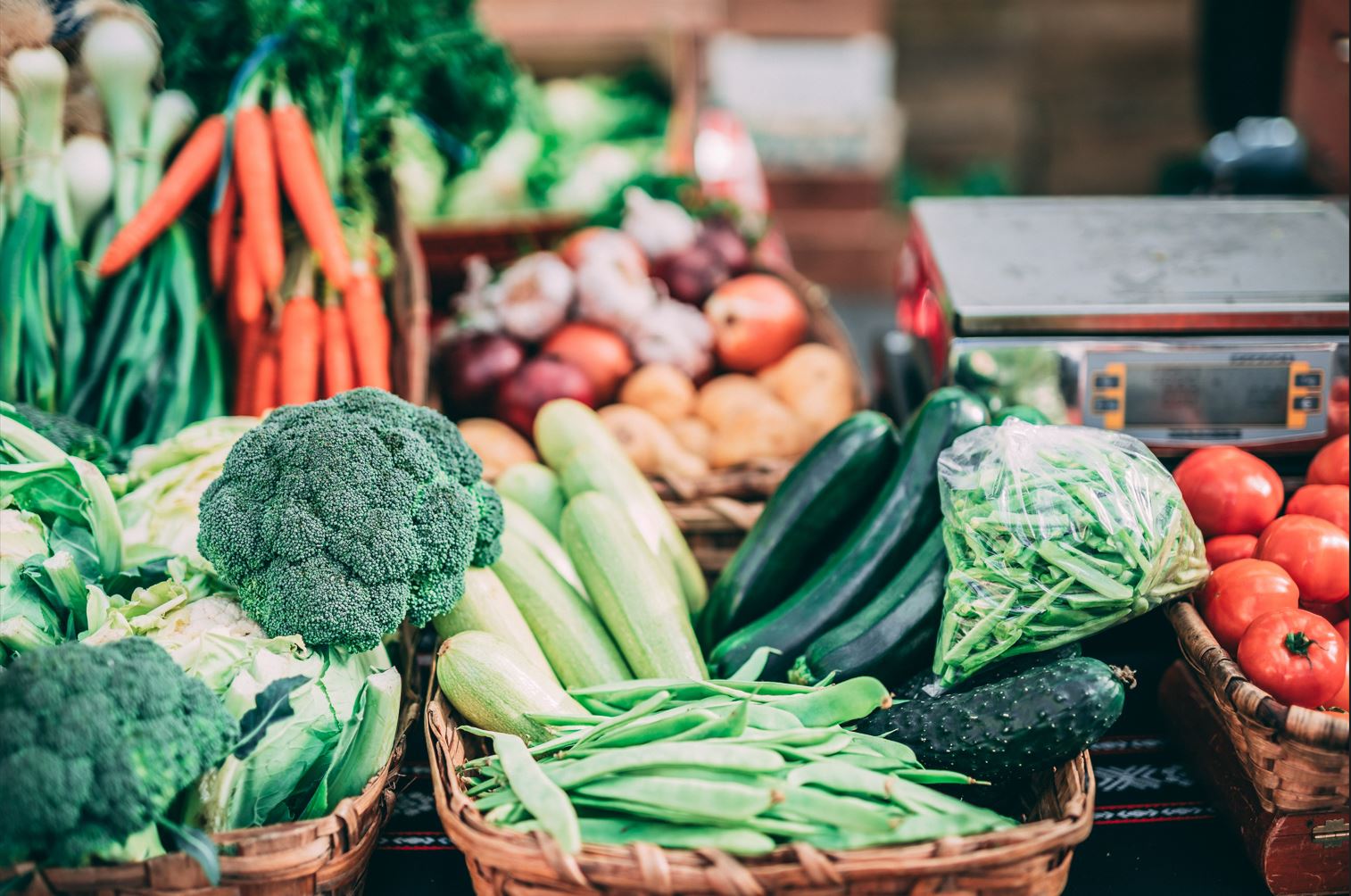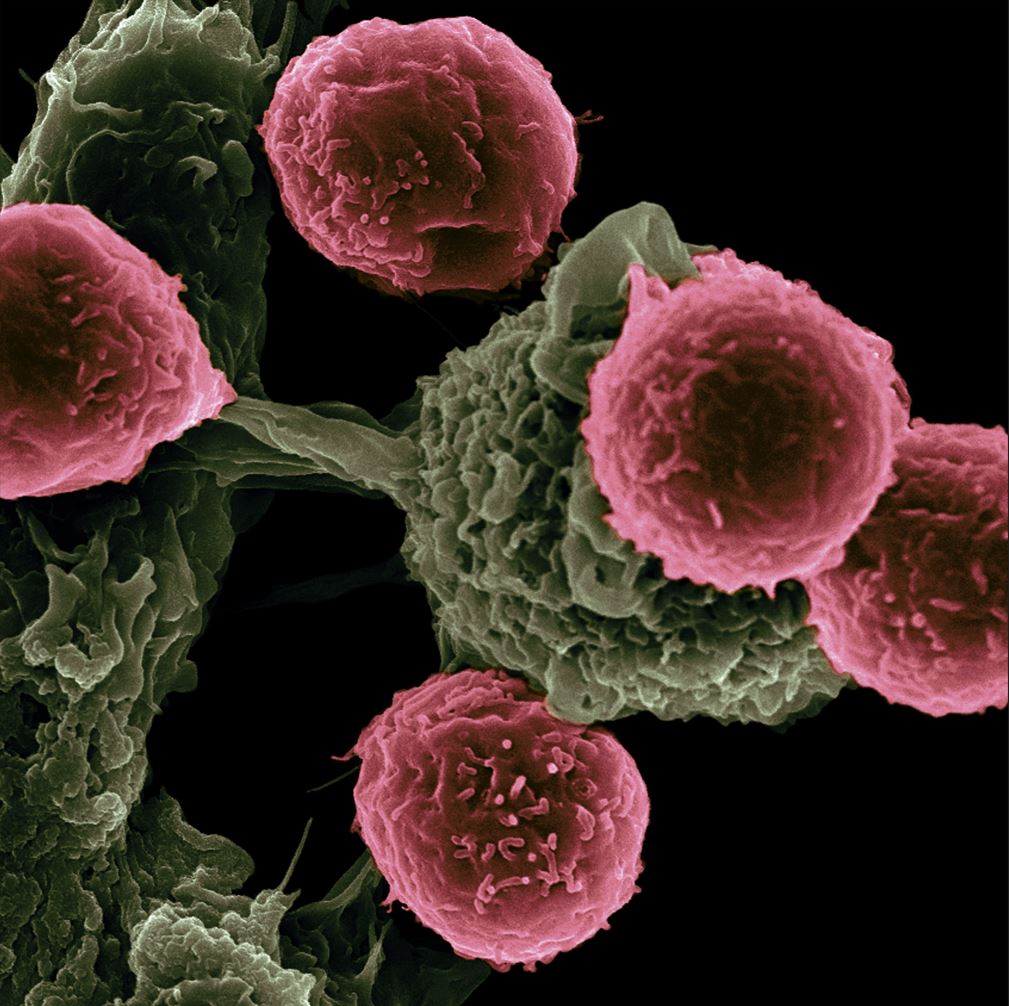
Healthy eating can be overwhelming and difficult, particularly when you’re trying to make sense of it all. We all know that eating healthier is healthy, but what does that mean? In this article, you'll uncover our Mini Guide to Healthy Eating so you can eat better and build a healthy lifestyle. Ready to get started?

Prioritizing plant-based foods means focusing on whole-plant foods. Essentially eating more foods like beans, green vegetables, legumes, whole grains, seeds and nuts.
We are not asking you to go full vegetarian. But by eating more plant-based foods, you access a broader range of vitamins to promote your overall wellbeing.
For individuals looking to shed some weight or have troubles with constipation. Fiber is excellent as a nutrient!

One study found that eating 30 grams of fibre a day can assist in your weight loss goals. That’s about a tablespoon of flaxseeds!
How does fiber help you lose weight you ask? Fiber-rich foods fill up your stomach faster and satisfy your hunger longer, thus indirectly reducing your calorie intake. In addition to that, fibre can bind onto fat and sugar molecules, preventing the absorption of it. As a result, less of these fat and sugar contribute to our calorie intake.
Be sure to mix and match your diet with a healthy side of veggies to reach your weight loss goals faster.
List of plant-based foods with high fibre amounts.

Constipation is generally caused by slower bowel movements or more difficult passing of stools. Fiber remains undigested after consumption, therefore assists our digestive tract by speeding up the transit of food.
So if you ever notice yourself getting constipated. It is time to increase your plant-based food uptake!
Vitamin A is an essential fat soluble vitamin that plays an important role in maintaining our vision and assisting in our immune system.

Vitamin A plays a crucial role in vision by maintaining a healthy cornea ( the transparent layer covering the colored part of our eyes). One study finds that lower cornea thickness is associated with developing glaucoma (pressure building up in the front of the eye, causing eye damage).

Pneumonia is a lung infection caused by bacteria. Current evidence is, Vitamin A supplementation help relieve symptoms and speed up hospital recovery time for children.
List of plant-based foods with high Vitamin A
Choosing whole foods over processed foods plays a key role in your nutrition. When consuming food: choose chicken breast over chicken nuggets, potatoes over potato chips, freshly squeezed juice over sweetened juice, and so on.
Type 2 diabetes happens when your body is unable to regulate and use sugar (glucose) as a fuel, leading to a build-up of sugar in your bloodstream. Damage to the kidney, eyes, nerves, and brain is well documented in diabetic cases.
Processed foods, in general, contains eight times more sugar than less processed foods. To reduce your chance of developing diabetes, opt for a low sugar alternative- which is whole foods.
2. Good for your skin
Studies shows the high amount of antioxidants in whole foods like fruits, fish and beans helps reduce wrinkling and protect your skin from losing elasticity.
Much of this is due to ultra-processed foods often containing a high amount of hydrogenated oils, which are full of trans fats and can promote the chronic inflammation that hastens the breakdown (or aging) of your cells.
Hence we recommend taking more fruits, fruits and beans as part of your diet.